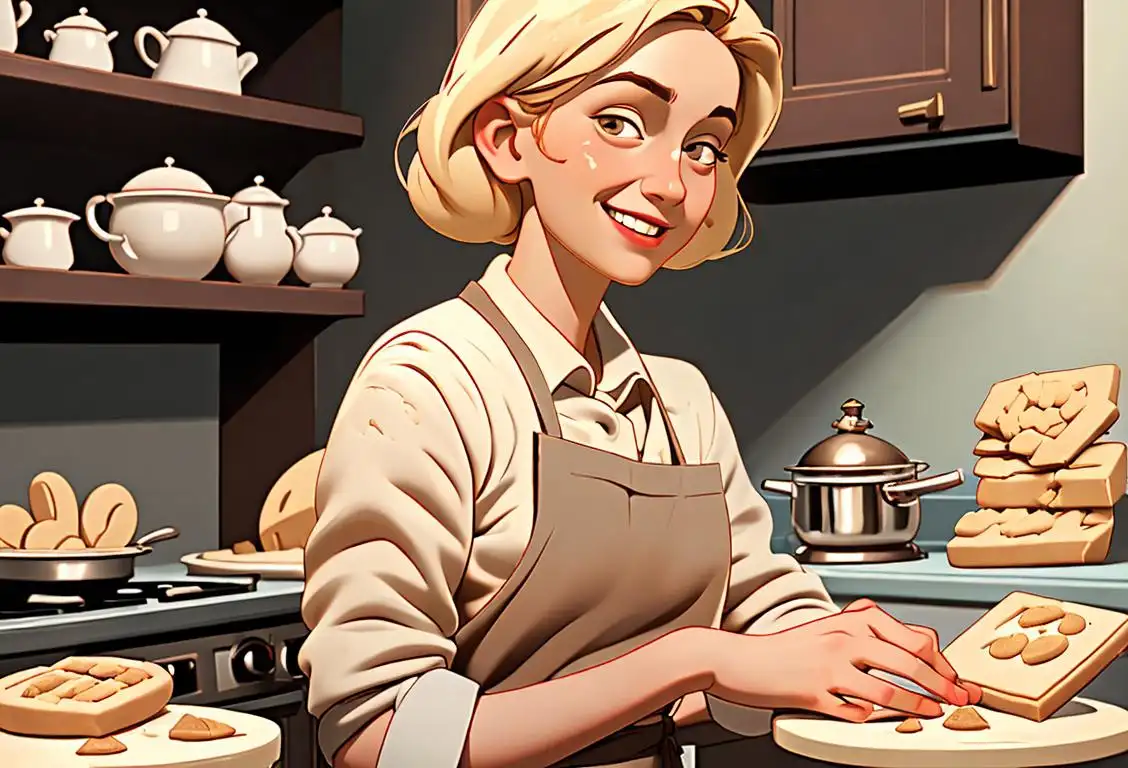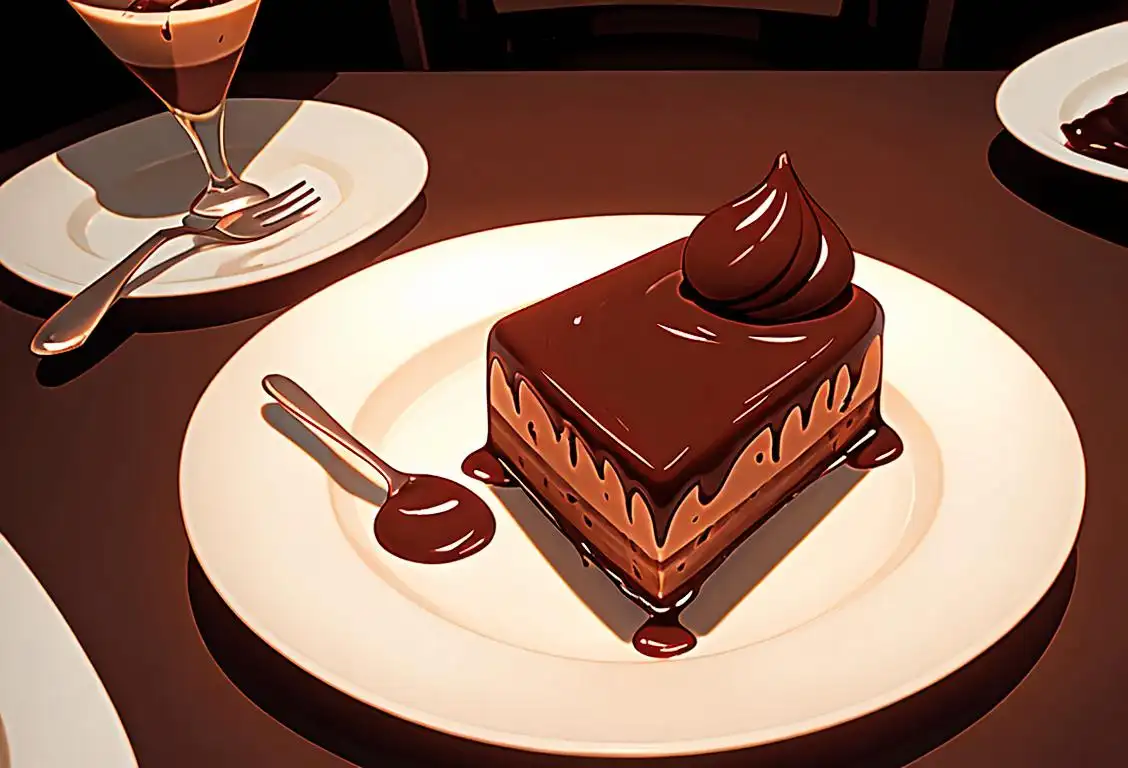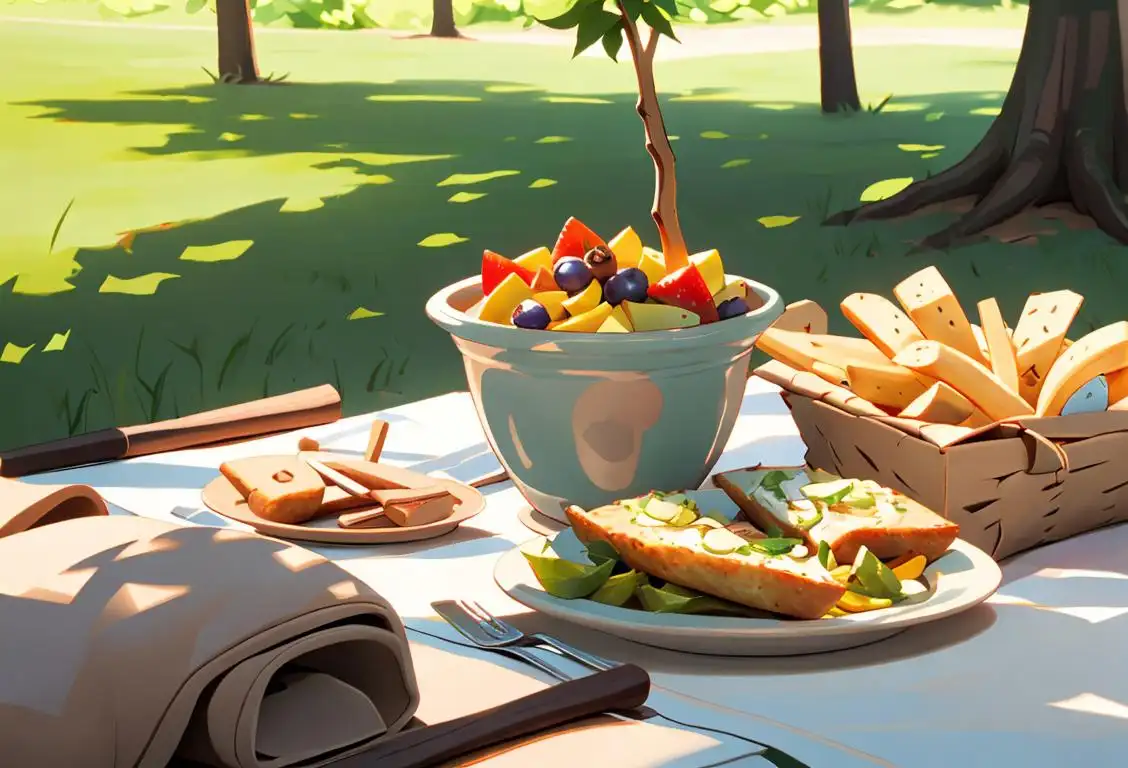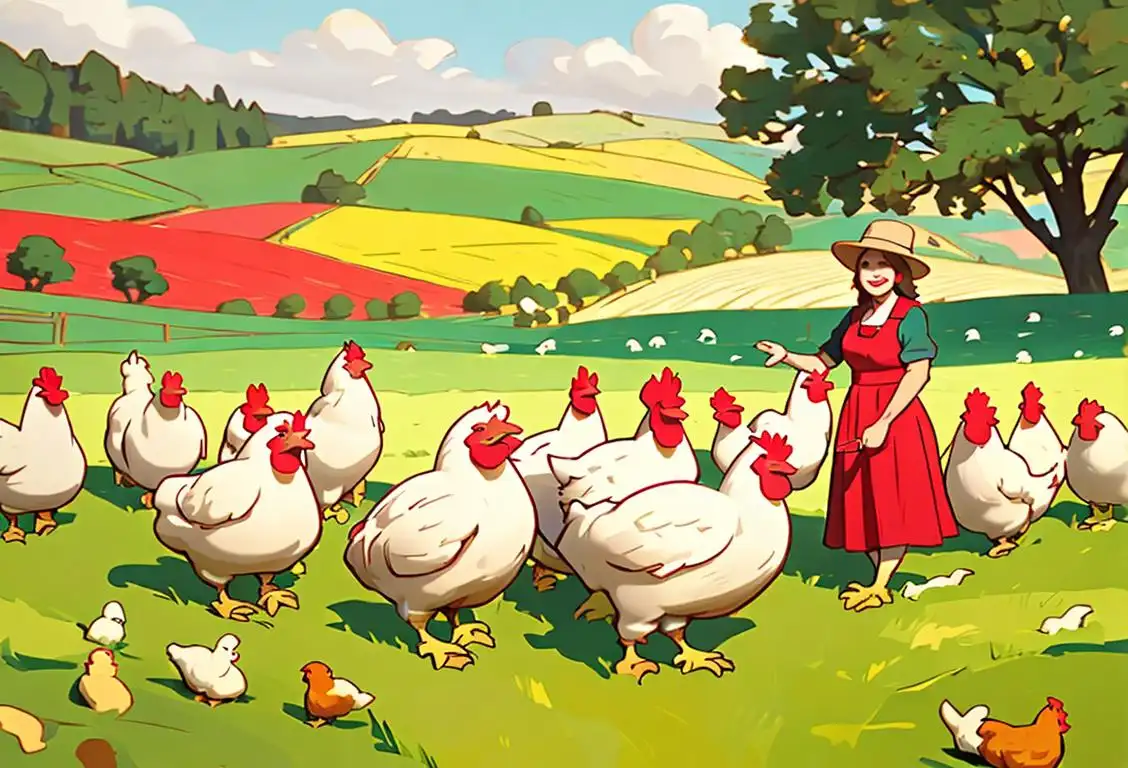National Shortbread Cookie Day

Ah, National Shortbread Cookie Day! A delightfully delicious celebration that we should all sink our sweet teeth into. Why settle for a regular ol' cookie when you can have one that is buttery, crumbly, and oh-so-delicious? So, grab a glass of milk and get ready to indulge in the heavenly world of shortbread cookies.
When is Shortbread Cookie Day?
It's national shortbread cookie day on the 15th January.
The Internet History of National Shortbread Cookie Day
We have scoured the depths of the internet to bring you the fascinating history of National Shortbread Cookie Day. Although the exact origins of this tasty celebration are a bit mysterious, it is believed to have been established by shortbread enthusiasts who couldn't bear the thought of a world without this delectable treat. And we're certainly glad they did!
Shortbread cookies have been enjoyed for centuries, with their roots dating back to medieval times. Originally, they were considered a luxury reserved only for the rich due to their expense and the cost of the butter needed to create that perfect flaky texture. But as time went on, shortbread began to make its way into the hearts (and bellies) of people from all walks of life.
Fast forward to the age of the internet, and the love for shortbread cookies has only grown stronger. Social media platforms, recipe websites, and food blogs have all embraced National Shortbread Cookie Day, leading to a flurry of mouthwatering photos, delicious recipes, and heartwarming stories shared by cookie enthusiasts around the world.
Why Do We Love Shortbread Cookies So Much?
The answer is simple: they are divinely tasty! Shortbread cookies are made with a simple yet perfect combination of butter, sugar, and flour. This creates a buttery and crumbly texture that practically melts in your mouth. Whether you enjoy them plain, dipped in chocolate, or with a sprinkle of powdered sugar, shortbread cookies are a classic treat that never disappoints.
Did You Know?
Did you know that shortbread cookies are often associated with holidays and special occasions? In Scotland, it is a tradition to serve shortbread during the Christmas season. The shape of the cookies, often in the form of fingers or petticoat tails, varies depending on the occasion. So, next time you're looking for a festive treat, reach for a scrumptious piece of shortbread!
History behind the term 'Shortbread Cookie'
12th Century
The Origins of Shortbread
Shortbread has its origins in medieval times, where it was known as 'biscuit bread.' It was originally a type of enriched bread that was twice-baked in order to preserve it for longer periods. The term 'short' referred to the crumbly texture achieved when butter was added to the dough, giving it a distinct melt-in-your-mouth quality.
16th Century
The Scottish Influence
It was in the 16th century that shortbread gained popularity in Scotland, becoming a staple in their cuisine. Initially, shortbread was a luxury reserved for special occasions, such as weddings and Christmas. The Scottish tradition of using only three ingredients in their shortbread - butter, sugar, and flour - is believed to have originated during this period.
19th Century
The Evolution of Shortbread
In the 19th century, the production of shortbread shifted from being a home-baked treat to a commercially produced delicacy. Bakers began experimenting with different variations, adding flavorings like vanilla or lemon zest, and shaping the dough into various forms such as fingers or rounds. This marked the beginning of shortbread as we know it today.
20th Century
The Global Spread
As travel and trade increased, shortbread started to gain popularity beyond the borders of Scotland. Its rich, buttery taste and delicate texture captivated people around the world. Shortbread became synonymous with Scottish culture and heritage, often enjoyed alongside a cup of tea or as a delicious accompaniment to desserts.
Present Day
Continuing Tradition
Shortbread cookies have evolved to include various adaptations and creative twists. While traditional Scottish shortbread remains a beloved classic, modern versions incorporate ingredients like chocolate chips, nuts, and even savory additions. Nevertheless, the rich history and cultural significance behind the term 'shortbread cookie' continue to make it a beloved treat enjoyed by people across the globe.
Did you know?
Shortbread cookies are often associated with holidays and special occasions in Scotland.Tagged
nsfw food funFirst identified
14th January 2016Most mentioned on
15th January 2016Total mentions
46Other days
Chocolate Mousse Day
Something On A Stick Day
Children Day
Awareness Day
Frappe Day
Taco And Vodka Day
Happiness Day
Opposite Day
One Day
Poultry Day









